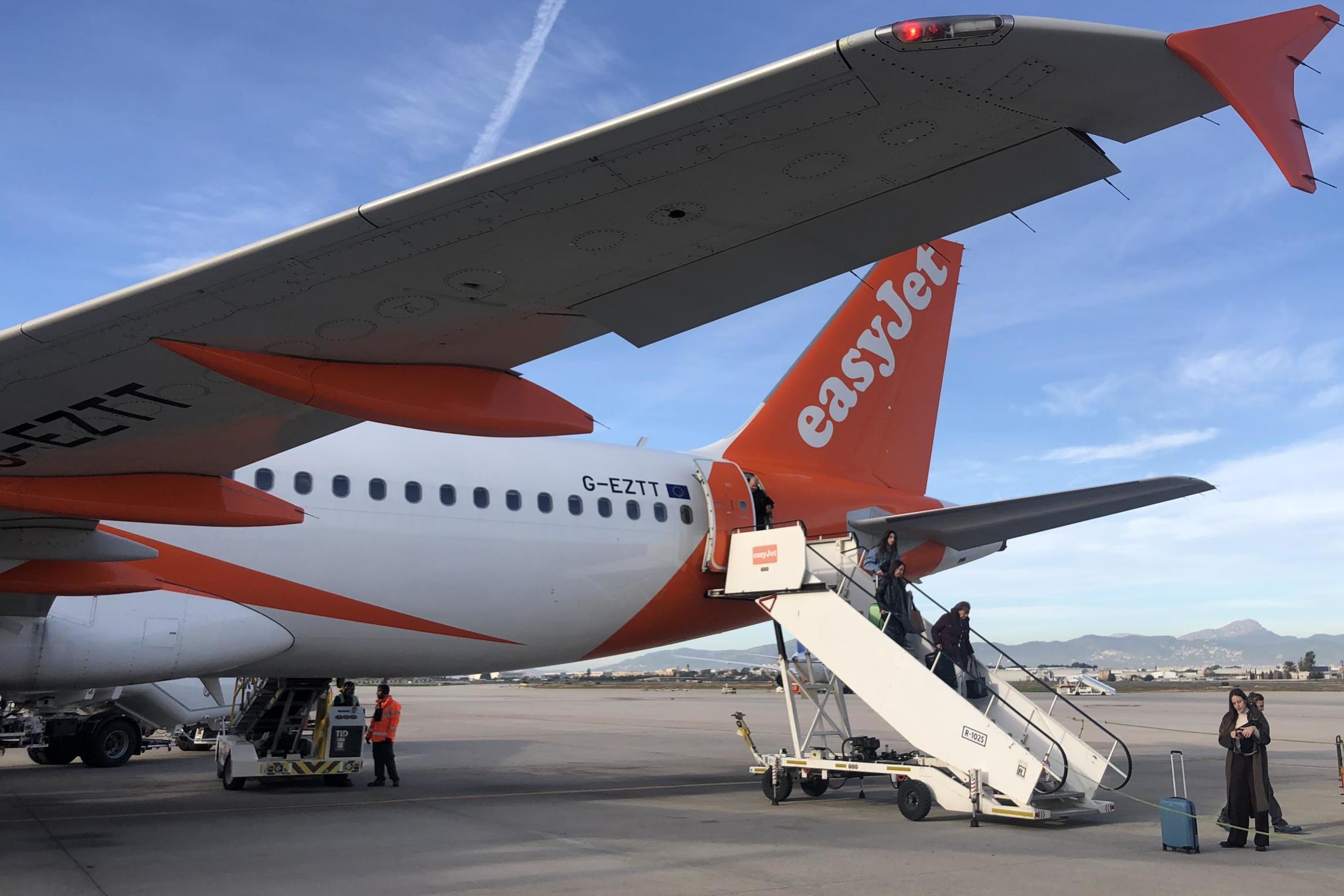Could countries attach more strings to coronavirus bailout loans?
Governments have significant leverage when they hand out large amounts of money to companies in need. Ben Chapman asks: how might they use that leverage better?


The Treasury announced on Tuesday that it would be attaching strings to bailout funds, in line with a number of other countries.
In short, big firms who want to take out state-backed loans of over £50m cannot agree new cash bonuses or shareholder dividends until the money is paid back.
This appears to be common sense, in that it incentivises companies to use the money for what ministers want: keeping themselves afloat.
But could the government go even further? There have certainly been calls for a more aggressive approach when allocating public funds to large corporations.
Some of this is due to the experience of the financial crisis, during which billions of pounds were handed to banks without stipulations about changing the way they operate in future.
This was seen by some, on both the left and the right of the political spectrum, as a missed opportunity to change the UK banking sector’s priorities towards lending to the real economy, particularly small businesses.
In reality, the experience of many firms has been that banks have become less willing to lend to them, while they have continued to hand out ever-increasing amounts against residential property.
Other nations have attracted attention for their coronavirus bailout stipulations, notably Denmark and Poland, which have said that companies which use tax havens will not be able to apply for bailout money.
This approach has been praised as setting down a strong marker on tax avoidance, but, campaign groups including TaxWatch UK and Fair Tax Mark have pushed for countries to go further.
Denmark is using the EU’s existing list of tax havens to exclude companies from bailout funds. This list does not include some notable names in global tax dodging.
Most of the UK’s network of overseas territories and crown dependencies are not on there, nor are other nations like the Netherlands, Ireland, Switzerland and Luxembourg which are used by multinationals to lower tax bills by shifting billions of euros of profits each year.
Instead of using a list of tax havens and focusing on past conduct, a more stringent approach would sign them into a contract about their future tax policy.
Any country could, Fair Tax Mark argues, require those who accept public funds to commit to not artificially switching profits into low-tax jurisdictions, and to publishing proper country-by-country accounts.
At a conservative estimate, $500bn is lost each year to this kind of corporate profit shifting. The beginnings of a real crackdown on this behaviour could help to start paying back what will be the colossal cost of coronavirus to exchequers around the world.
The other key area of focus has been greenhouse gas emissions. In a recent interview, prominent economist Marianna Mazzuccatto argued that it made little sense for the UK government to pledge its green credentials and ambition to reach net-zero carbon then in the next breath allow EasyJet to take out a £600m loan with no strings attached.
The airline industry taking a big battering from the current situation, and no one wants it to be crippled. However, given the leverage that governments now have and their own climate commitments, it would seem sensible to reassess this approach if and when big polluters come knocking at the door.
Join our commenting forum
Join thought-provoking conversations, follow other Independent readers and see their replies
Comments